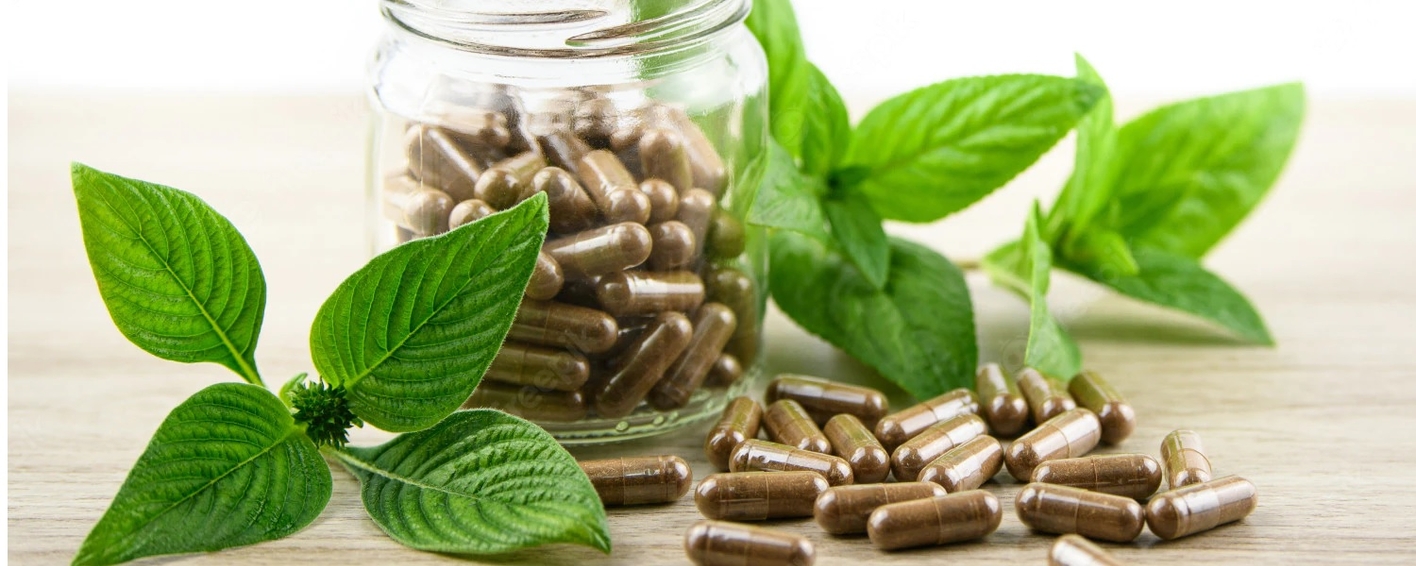
N-acetyl cysteine (NAC) is a precursor of the amino acid L-cysteine (1). After ingestion, NAC is converted to cysteine, and then glutathione, a potent antioxidant (2). NAC effectively replenishes glutathione levels in the body, which can be depleted by stress, disease or free radicals (1,3). It has antioxidant, mucolytic (breaks up mucus) and anti-inflammatory properties (1,3,4).
NAC has been used to aid in the treatment of cystic fibrosis, acetaminophen (paracetamol) poisoning, bacterial biofilms, influenza, chronic obstructive pulmonary disease (COPD), chronic bronchitis, heavy metal toxicity, polycystic ovarian syndrome (PCOS), ulcerative colitis, and psychiatric/neurological disorders such as obsessive-compulsive disorder (OCD), depression, substance use disorder, Parkinson’s disease and bipolar disorder (1,2,3,5,6,7,8,9,10,11).
NAC can improve immune function, reduce the risk of cardiovascular disease, enhance fertility and alleviate symptoms associated with endometriosis via reducing oxidative stress and inflammation (1,3,12).
For therapeutic purposes, NAC has been safely used at doses of 600-1800 mg daily (4). The most common adverse effects include dry mouth, indigestion, heartburn, nausea and diarrhoea (3,6). Caution is advised in those with bleeding disorders, as NAC may inhibit blood clotting (13). NAC may interact with blood thinners and blood pressure medication (3).



